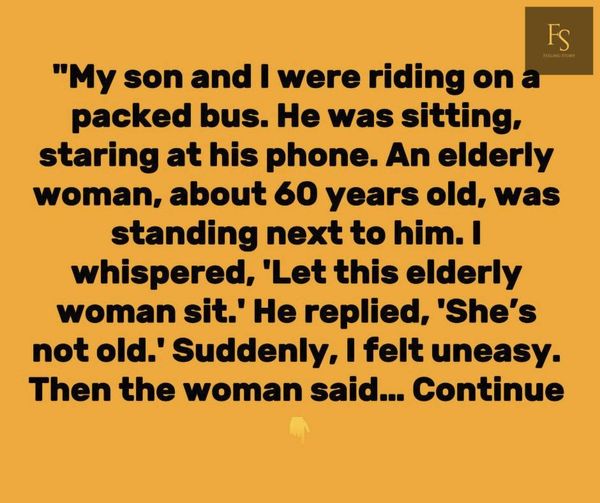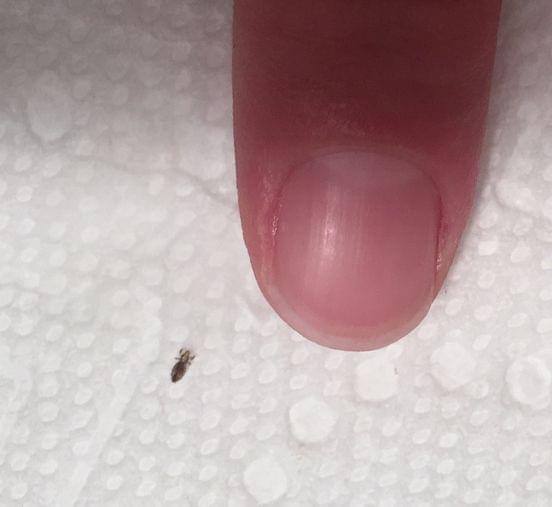Praising Children Even When They Misbehave
Recently, I took my son to the supermarket. As usual, he ran to the toy section and started begging for toys. I told him we were only there for groceries and that he wasn’t a little kid anymore. Then, I saw a boy nearby grab a toy car and throw a tantrum. His mom stayed calm, quietly said something to him, and he stopped. They left without the toy. How did she do that?
I’m Mary, and like any parent, I often find myself scolding my child. But I was tired of the constant nagging about school, chores, and everything else. So, with Bright Side, I decided to try a new approach.
My son and I don’t fight often, but we have our fair share of arguments, especially about getting to school or doing chores. I ask pointless questions like, “Why did you do that?” and he just shrugs. These arguments don’t help. Homework doesn’t get done faster, and his room stays messy. We’re all just unhappy. So, I decided to try praising him instead.
Psychologists say that parents should praise actions, not the child, and only in special cases. Too much praise can lead to wrong motivations. But I decided to praise my son for everything, even things that wouldn’t normally be praised.
I started with small things. At bedtime, my son was running around making noise. I wanted to shout at him to go to bed, but instead, I said, “Good job! Exercise before bed is healthy!” My son looked at me, confused, but then said he wasn’t sleepy. I praised that too. It took a lot of willpower not to insist he read a book instead.
The next morning was surprisingly peaceful. My son did his morning routine without being reminded. It took longer than usual, but we were both happy.
Food was another challenge. My son complained about everything I cooked. I told him, “It’s great that you’re honest about what you like and don’t like. When I was a kid, I was too shy to say anything, and it didn’t end well.” He listened to my stories about childhood meals.
I forgot to tell my husband about the experiment, and it caused problems. He continued to enforce discipline while I praised our son. Our son quickly figured out the new dynamic and ran to me for comfort after being scolded by his dad. I had to explain the experiment to my husband, which led to a fight. He thought the idea was ridiculous, but I convinced him to give it another week.
Homework was a daily struggle. My son always asked for “just 5 more minutes” before starting. I tried praising him for knowing how to set priorities. He was skeptical at first, but then I explained the experiment to him. He was excited and turned it into a game.
My mother-in-law wasn’t happy about my constant praise. She worried about what kind of person my son would become. I told her that our mental health was more important, and he’d learn to clean up eventually.
There were bad moments too. On a crowded bus, my son refused to give up his seat for an older woman, saying she wasn’t old. I felt sick. The woman thanked him for the compliment, and he offered to move or hold her bag. When we got off the bus, I lost my temper and shouted at him. He reminded me of my promise not to scold him. I felt ashamed and apologized.
The experiment was hard for me too. My son liked it but got tired of reminding me to praise him. I realized how much I lectured him. My husband wasn’t thrilled with the experiment either, but he noticed that I was grumbling less.
We still have discipline and homework issues, but our home is more peaceful now. Constant praise isn’t practical, but I’ve learned not to lecture my son at every opportunity. We’re all calmer, and my son knows that fighting isn’t the best way to get what you want.





